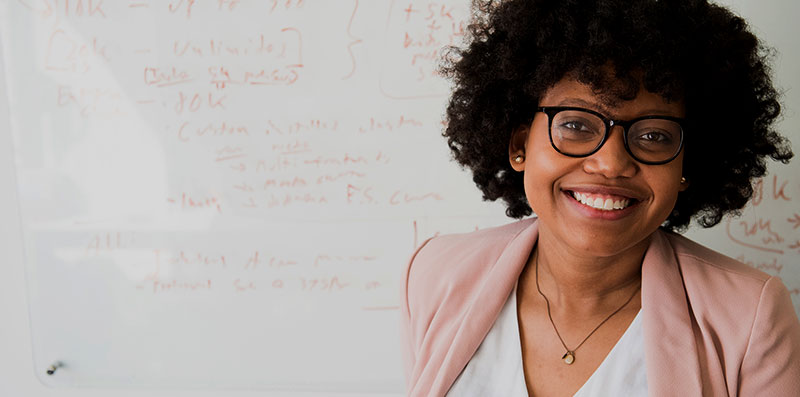At TextRanch, we asked our editors to explain the difference between verbs that they often have to correct in the texts that you send to us. Below is a selection of their tips, with some tricks to help you remember the differences.
1) bring, take, carry, get, fetch

a) bring is similar to come (towards me); take is similar to go (away from me):
- When you come to my house tomorrow, can you bring your laptop?
- When you go to school tomorrow, don’t forget to take your laptop.
- Remember to take this letter with you when you go to the post office.
- Teacher: Remember to bring your homework with you when you come to school tomorrow.
- (When you arrive at a restaurant) Waiter! Could you take our coats, please?
- (When you leave the restaurant) Waiter! Could you bring our coats, please?
b) carry = transport in your hands / arms. It also refers to the physical capacity of some machines.
- I can’t carry this suitcase all the way to the station – it’s too heavy.
- This drone can carry up to 100 kilos.
c) get and fetch = go someplace, collect something and then return.
- I’m just going to fetch / get the children from school.
- Can you fetch / [go and] get some wood for the fire?
Note: In some cases, US English (but not British English) uses bring and take to express the same concept.

2) do, make
Use do for these types of activities:
a) general / unspecified activity:
- Are you doing anything interesting this weekend?
- What are you doing with that gun? Can you do me a favor and put it away?
- You did a good job; you really did your best. Thank you.
- What do you do? (= What is your job?)
- How are you doing? (= How are you? – i.e., your health)
b) domestic activity
Example: She does everything for her family: She does the cooking, she does the shopping, she does the washing, she does the ironing. Her husband and children do none of the housework.
c) school activity
- They have already done their homework.
- I am doing some research on how the superrich are destroying the planet.
- She did her thesis / consignment / essay on the dangers of social media.
Use make in the following instances:
a) when there is an end product:
- Can I make you a cup of tea?
- These computers are made in China.
b) with most countable nouns (mistakes, errors, announcements, choices, proposals, suggestions, etc.):
- She didn’t make any mistakes.
- I’ll make you a proposal you can’t refuse.
c) with these uncountable nouns and expressions: love, money, progress/headway, peace, sure/certain
- Make sure that you make enough money.
- Make love not war.
(p.s.: Use have (not do or make) in these cases: a shower, a bath, breakfast, lunch, dinner.)
3) look, seem, sound

a) look – appearances and physical impressions:
- She looked very tired yesterday.
- She looks like her mother – she has the same expression and the same long nose.
- It looks as if it might snow – look at the sky, it’s white.
b) seem – intuitions and atmospheres:
- Everyone was so sad, it seemed like the end of the world.
- They don’t seem to understand much, but they don’t seem worried about it.
c) sound – noises, voices or musical styles:
- This sounds like Drake. It sounds very similar to his kind of music.
- What’s that noise? It sounds like thunder.
- (Making an arrangement) OK, great. Sounds good. See you at 6, then.
look, seem and sound can be directly followed by an adjective (e.g., you look beautiful, you seem very happy with your life, you sound angry). If they are followed by a noun, you need to put like (you look like your father, it seems like you don’t know anything about it, he sounds like a politician).











Ask an Editor: A New TextRanch Feature!
Proofreading vs. Editing: What’s the Difference?
Human Editors: Why Do You Need One?
How can I improve my understanding of native-English speakers? Part 1